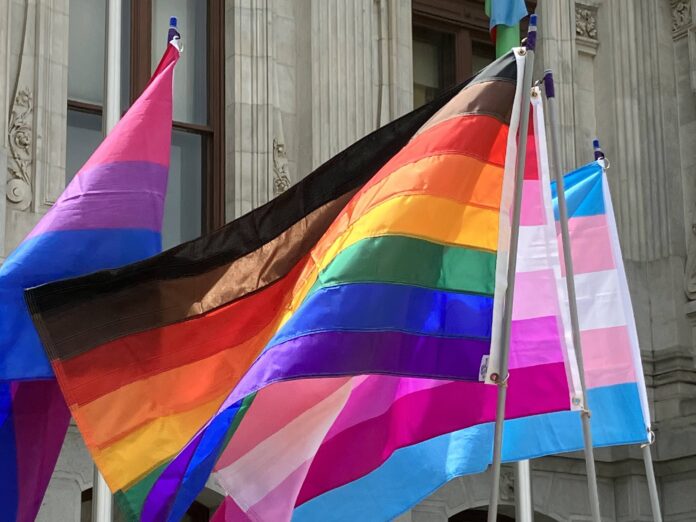When the Supreme Court overturned Roe v. Wade last year, the majority opinion included a very specific (and dogwhistling) section that said the decision only applied to abortion and would have no impact on any other cases, including the same-sex marriage case Obergefell v. Hodges. The specific wording is “Finally, the dissent suggests that our decision calls into question Griswold, Eisenstadt, Lawrence, and Obergefell. Post, at 4–5, 26–27, n. 8.But we have stated unequivocally that “[n]othing in this opinion should be understood to cast doubt on precedents that do not concern abortion.”
Yet, LGBTQ+ people know not to believe everything we’re told. It’s how we’ve managed to win as many rights as we’ve won and forge as many local communities as we’ve forged. Of course the Supreme Court, some day, will probably go after marriage equality. They’ll go after it in the same way they’ve been going after any case that infringes on “religious liberty.” So long as the 6-3 Republican majority remains, the number of things people will be able to do and deny in the name of religion is only going to grow. If you’re wondering what long standing precedent might be next to fall, read up on Employment Division v. Smith or Church of the Lukumi Babalu Aye v. City of Hialeah.
We don’t have room to take our rights for granted, so we have to be skeptical whenever any person or organization says that they’re not anti-LGBTQ+ (like Moms for Liberty, which is incredibly anti-LGBTQ). It’s not an easy life to live. It would be much less stressful to simply believe everything that is told to us and never ask questions. But such a spoon-fed world isn’t reality. People who only watch Fox News are living in a fantasy that has been enabled by the powerful. They have no questions about the world around them, only demands that the world bend to their beliefs. Such a world, to those of us who have to live in reality, is pitiful. And such people, who know only what they are told, deserve only our pity.
Along with our legal rights, we don’t have room to take our health for granted, either. So we’ve learned to be skeptical when a doctor says something doesn’t matter for us, or we’re overreacting, or we’re doing too much research on our own. Those overreactions and research have saved us. Gay men, and lesbians, and bi and trans people, have very specific health concerns that are not applicable to the majority of heterosexual people. And part of the reason that we now know that is because LGBTQ+ advocates have forced the medical establishment to abandon its god complex and actually listen to us. We never would have gotten there without a healthy dose of skepticism. Our survival instinct to be cautious has, literally, saved us.
Of course, living life only with skepticism isn’t feasible. We all need people we trust, those we consider our family and friends. But even well meaning people can be wrong. Your doctor might be a wonderful person, but they might not have read about this or that condition that affects people like you. They might not know that you’re more susceptible to a certain condition because of your sexual orientation or gender identity. Your local elected official might be a charismatic ally, but they might not know about this gap in the law or this injustice that has been committed to someone you know. We have to continually sharpen our skill of recognizing who we can trust, both on a personal level and on an expertise level. And we must always be willing to address things that don’t work and try to make them better, not just for ourselves, but for our whole community too.
